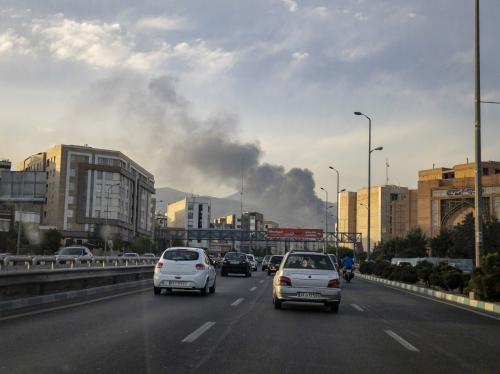As summer follows spring, so too does North Korea transition from provocative words and deeds to a seemingly statesmanlike desire for diplomacy and peace. Before, it threatened to hit the United States with nuclear weapons. Now it expresses a willingness to engage in dialogue, even to return to the Six-Party Talks.
But this is all part of Pyongyang’s playbook. We have seen these peace offensives before. The crucial question now is the basis on which North Korea might be willing to negotiate. Is it the denuclearization of the Korean peninsula, which is the core of the Six-Party Talks and the stated objective of the United States, South Korea, Japan, and China? If so, there is a reason to engage – carefully. Or is it Pyongyang’s most recently enunciated point of departure – that Washington, et al., must accept it as a nuclear weapons state, with all the rights and benefits that that implies under the Nuclear Non-Proliferation Treaty? That is a non-starter, because it is a recipe for instability in Northeast Asia and for prolonged tension in the U.S. alliances with South Korea and Japan.
The goal of American policy has not been to secure talks for the sake of talks. It has been to induce Pyongyang to understand that it can only have a normal relationship with the international community if it credibly undertakes a fundamental change in policy: regarding nuclear weapons, its relations with South Korea, its role in the region, and its domestic system. North Korea’s latest and predictable shift to diplomacy does not in any way guarantee that change in policy (it may indicate, however, that sanctions are beginning to work). After its recent belligerence and before anyone rushes to the negotiating table, it is up to Pyongyang to demonstrate to Washington, Seoul, Tokyo, and Beijing that the leopard is indeed going to change its spots.
The Brookings Institution is committed to quality, independence, and impact.
We are supported by a diverse array of funders. In line with our values and policies, each Brookings publication represents the sole views of its author(s).



Commentary
North Korea’s Turn to Diplomacy: Resuming the Six-Party Talks?
May 24, 2013